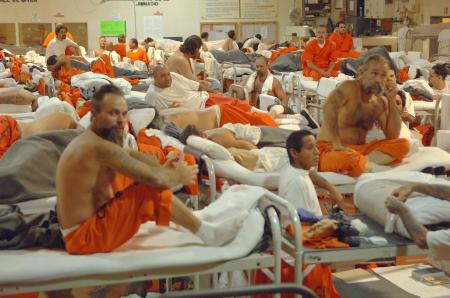Over the past few days, I have read a number of articles that have posited various reasons for why the last election turned out the way it did: low turnout, Republican gerrymandering, the weak economy, the stupidity of the Democrats, etc. I think there is some truth to all of these arguments. What I would like to address here, though, is an argument that some of my leftist friends made, which is that we shouldn’t vote. I can understand why people would feel this way, since our political system is such a scam. Yet I think the argument is seriously lacking in some ways.
In the last election, Oregon, Alaska, and D.C. all voted to legalize marijuana. Massachusetts passed a paid sick days law. Denton, Texas, outlawed fracking. Here in California, voters passed Proposition 47, which reduces many non-violent crimes, including drug possession, from felonies to misdemeanors. This is a major blow against what the late Alexander Cockburn called “the prosecutorial state” – in other words the warehousing of human beings who committed petty crimes. This vote indicates there has been a huge shift in consciousness since the 1990’s, when Californians passed the god-awful “Three Strikes” law, which resulted in people being sentenced for life for such trivial offenses as stealing a slice of pizza. People are beginning to realize that mass incarceration is not only not the solution to our society’s problems, but it actually makes them worse.
Should you vote? I would argue it depends on the circumstances and what’s on the ballot. Yes, we have a terrible political system, but we should take advantage of what little room to maneuver that we have.



